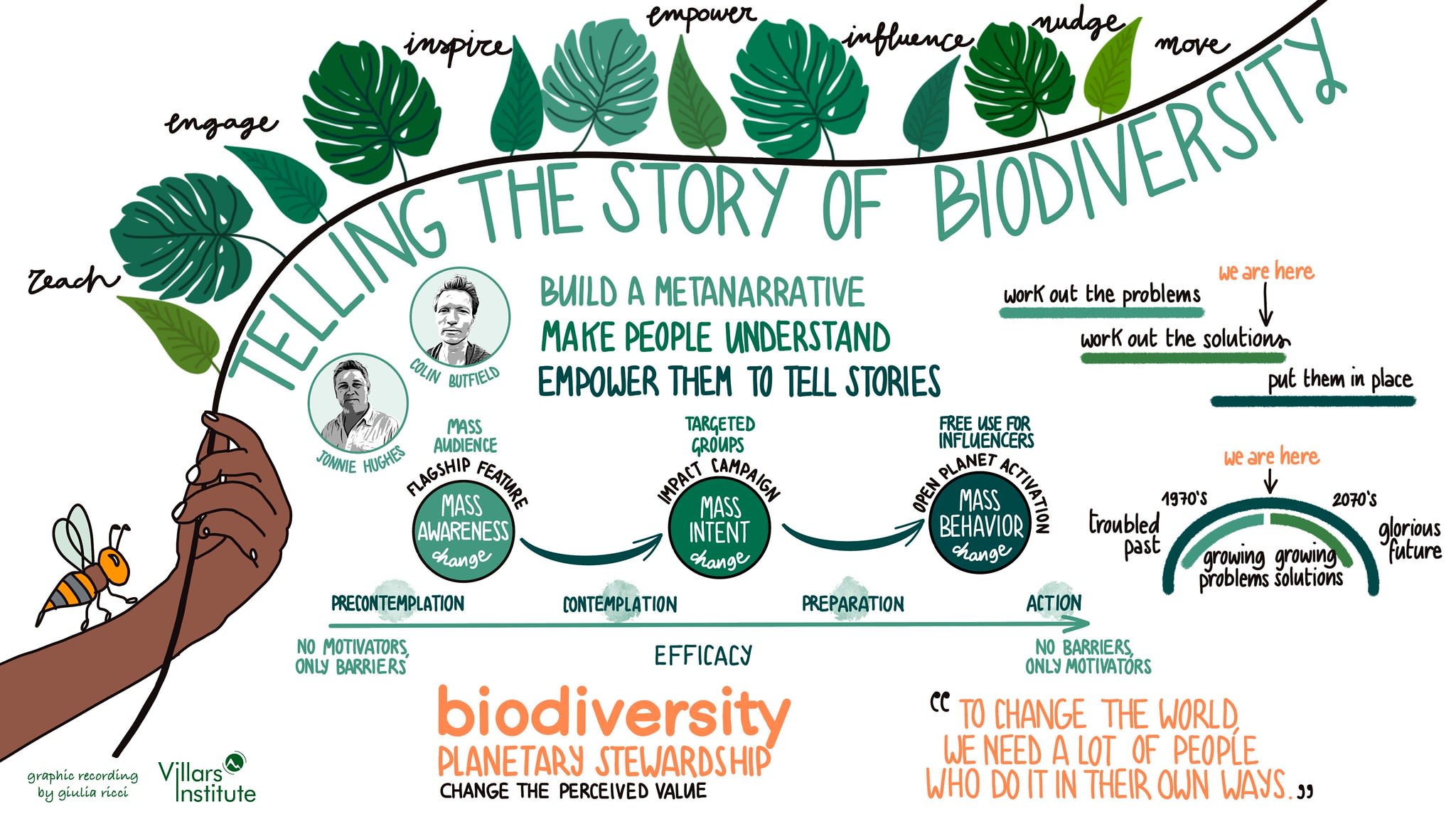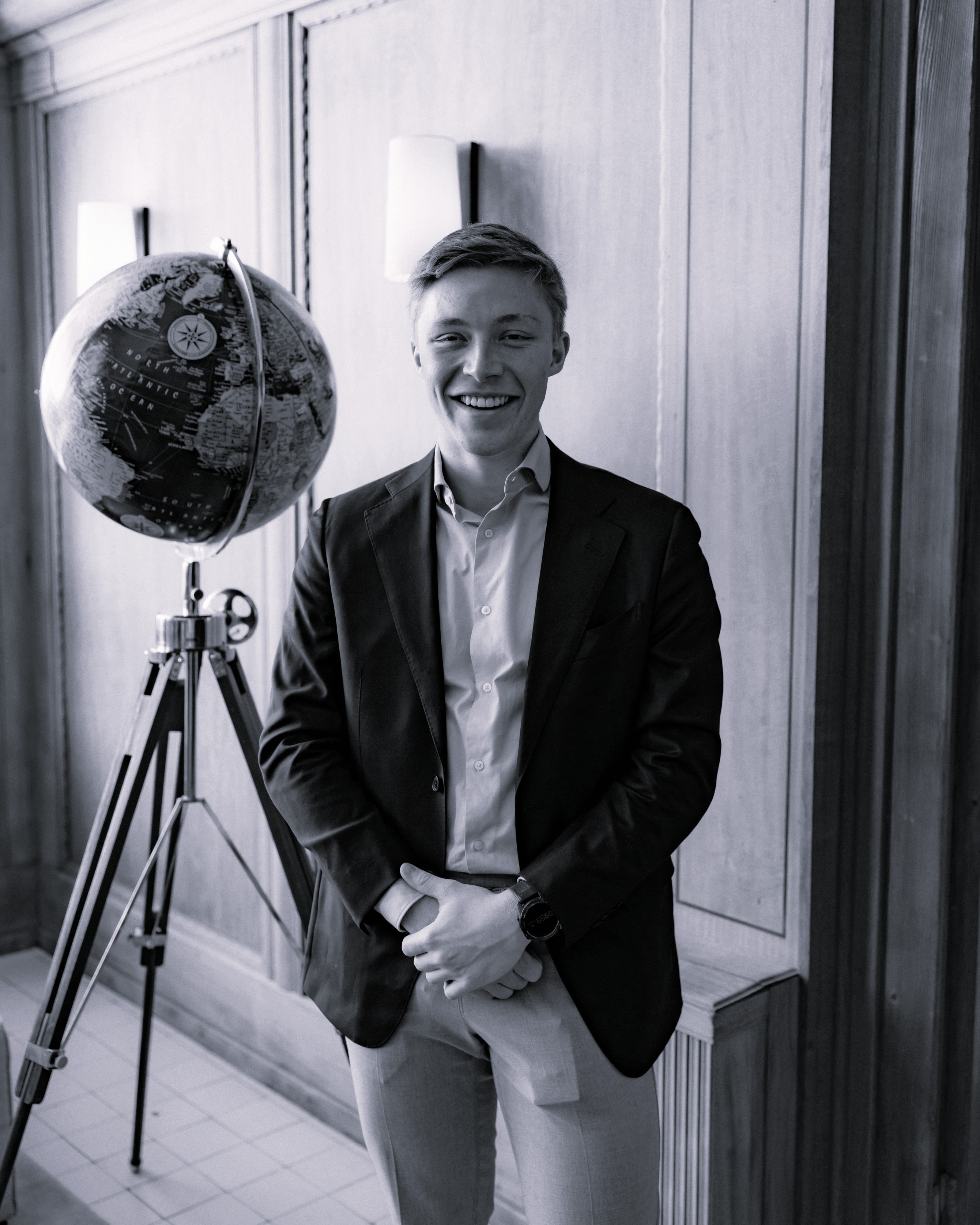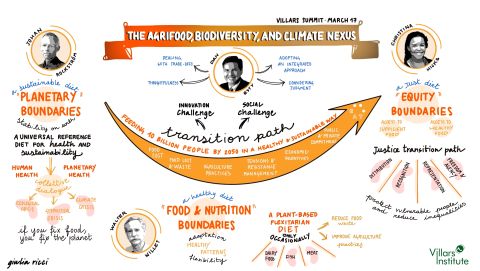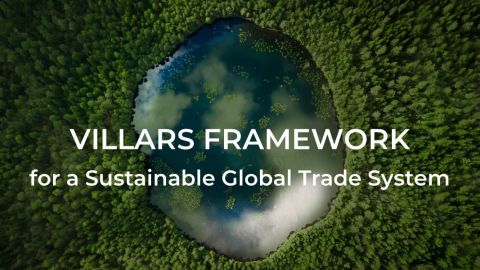Ideas from the Speakers
The session provided an early peek at an upcoming nature-driven documentary about the ocean—not just about how we live with it but also how we can and should live with it. The documentary highlights what we are doing wrong while offering a dose of hope, showing that humanity is capable of change. A powerful example is whales: once nearly hunted to extinction for their meat and blubber, their populations have significantly rebounded due to strict conservation laws.
The session explored how storytelling can drive social and environmental change more effectively than data alone. Despite scientific consensus, the biodiversity movement has struggled to connect with broader audiences. Emotionally resonant narratives are needed to reach beyond traditional environmental circles to become more relatable. One striking example is a Mexican activist who fought her way from a small village to the UN in New York, carrying with her a deep-rooted belief in living in harmony alongside nature and sharing it on the world’s biggest stage.
The “Strategic Framework for Storytelling” is a model outlining different types of narratives and their target groups. It includes:
Flagship features: High-impact films like “Our Planet” that reach a broad audience and spark awareness
Impact campaigns: Speeches and initiatives at global platforms, such as the UN Climate Change Conference (COP) and the World Economic Forum
Open Planet activation: Democratized storytelling where local communities share their experiences, made possible by the Open Planet platform, which provides high-quality nature footage to support and enhance their narratives.
Reframing our role in this massive mindset shift is crucial. No matter what side of the aisle we are on, we can all appreciate the beauty of nature—birds singing in the trees, for example. The narrative must shift from “saving the planet” to “saving ourselves,” and from a more outdated focus on the growing problems to a momentum-inducing focus on solutions.
The Earth will recover from human-induced catastrophe but humanity will not. A compelling example of misplaced value is that we prize the gold beneath the rainforest more than the rainforest itself. Changing this perspective—recognizing the true worth of nature—is essential for meaningful change.
Furthermore, the speakers reflected on four evolutionary stages of our planet and humanity’s relationship with it: a planet capable of supporting life; a planet that contains life; a planet with intelligent life that behaves parasitically towards it—our current state; a planet with intelligent life that becomes a positive force, evolving from Homo sapiens to Terra sapiens (meaning “wise earth dwellers”).
The session concluded with an introduction to a major upcoming film titled “Biodiversity,” to be released in November 2025. It aims to reshape public and political discourse on this broad topic as well as the latest media trends. Indeed, YouTube has higher television viewership than Netflix in the United States, and podcast listenership has doubled in recent years, especially video podcasts that account for a third of overall viewers. A final, inevitable topic was the influence of artificial intelligence (AI) on storytelling. AI will inescapably play a large role in this area, although the line between truth and fiction threatens to become blurred. Thus we must ensure overarching integrity in the art of storytelling.
Overall, the session underscored that compelling storytelling is not a luxury but a necessity for transforming public perception and mobilizing action on biodiversity and sustainability in broader terms. We must now shift from data to narrative, from problems to possibilities, and from passive consumption to active participation in shaping a better future.









